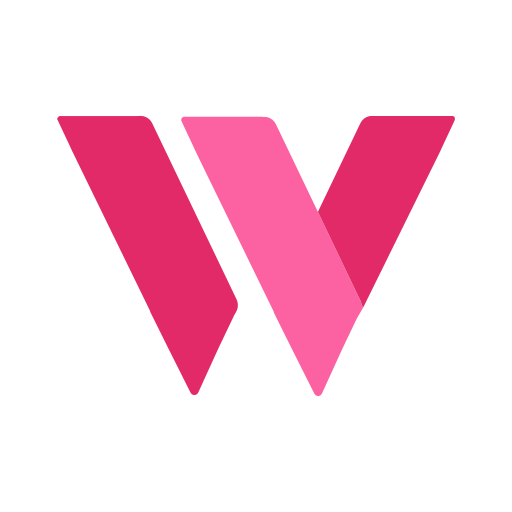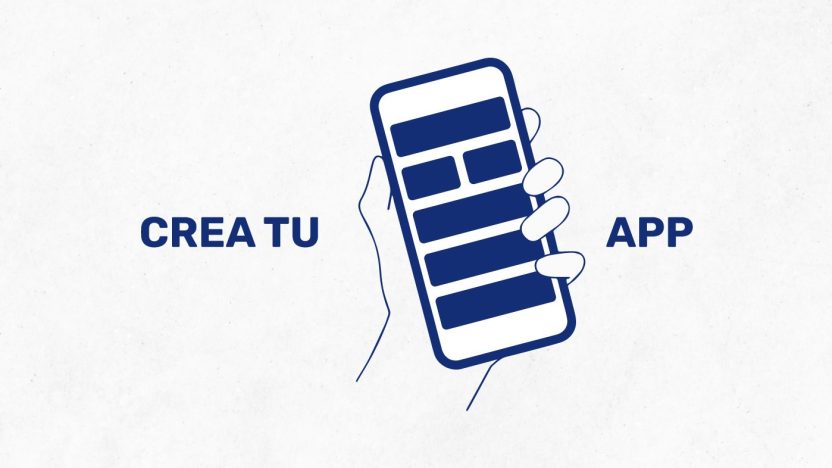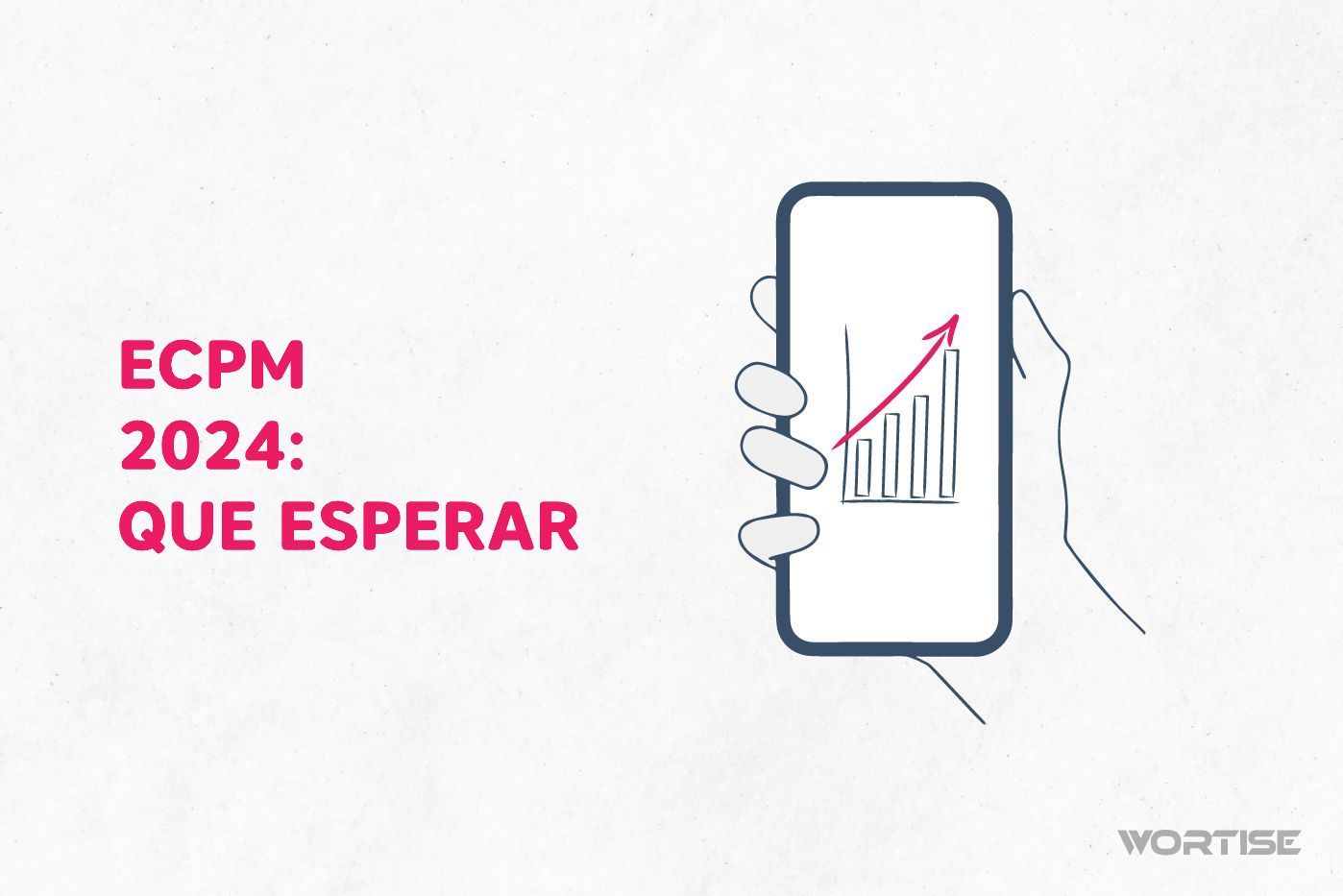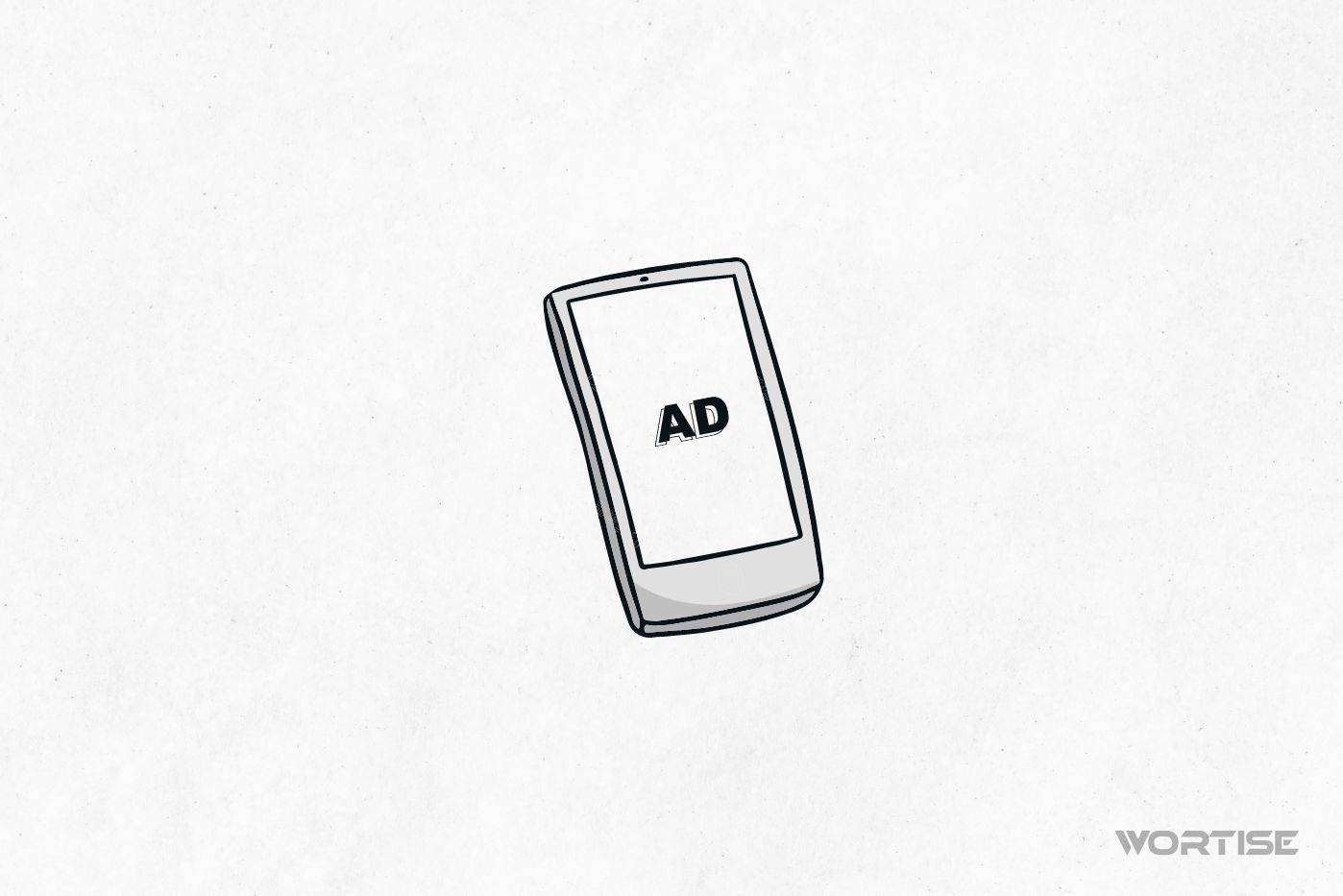Como publisher, seguro sabes lo sencillo es crear y optimizar hoy una app. Cuentas con múltiples herramientas diseñadas para ser tus aliadas, ahorrarte horas de trabajo y evitarte largas jornadas de ensayos. Esas ventajas se aprovechan aún más si trabajas con los 5 mejores frameworks para el desarrollo de aplicaciones.
Con estos marcos de trabajo, podrás hacer realidad nuevos proyectos con una inversión menor, sin necesidad de empezar desde cero. También, tienes la oportunidad de explorar nuevas posibilidades para mejorar tu aplicación, ofrecer una renovada experiencia al usuario y aumentar tu reputación como publisher.
En un mundo tan competitivo como la publicidad programática, mejorar nuestro perfil como editores es fundamental. Para ello, es imprescindible estar a la vanguardia en el diseño de aplicaciones con los mejores instrumentos. Toma nota y prepárate para pasar al siguiente nivel.
Frameworks para desarrollo de aplicaciones: ¿por qué son tan útiles?
Un framework o marco de desarrollo de aplicaciones móviles es una plataforma que ofrece un conjunto de herramientas para crear de manera mucho más rápida nuevas apps. Estos recursos están probados y te permiten ahorrar pasos en la configuración de funciones e incorporación de utilidades.
Su lógica de funcionamiento es simple: la idea es que trabajes con un sistema plug n’ play. Para ello, toma en cuenta las demandas más frecuentes de los programadores y las funciones más usuales de las aplicaciones de mayor uso. Así, es mucho más sencillo configurar aspectos como la interfaz del usuario, la vinculación con otras aplicaciones y la configuración de las funciones más frecuentes en una app según su naturaleza.
Para lograrlo, los frameworks se adaptan a los principales sistemas operativos de dispositivos móviles y ajustan sus componentes a las tendencias predominantes.
¿Cuáles son las ventajas de los frameworks para desarrollo de aplicaciones?
La expansión de esta herramienta no es asunto de moda. En un mundo tan dinámico como las aplicaciones móviles, actuar rápido, ser oportunos y captar nuevos usuarios es fundamental. Y eso es posible si aprovechamos sus ventajas: rentabilidad, eficiencia y trabajo colaborativo para blindar tu propio proyecto.
#1 Rentabilidad
El uso de un marco de desarrollo te permite reducir costos en cualquier proyecto de diseño de aplicaciones móviles o sitios web. Tu equipo de desarrolladores puede resolver más rápido y en menor tiempo cualquier necesidad, sin invertir en más talento humano o en procesos más complejos.
#2 Eficiencia
Cuando empleas los recursos de un framework, minimizas las posibilidades de errores de programación, aumentas el ritmo de trabajo y aprovechas recursos ya probados para la configuración de aplicaciones móviles. Con esto, garantizas que tu proyecto se ejecute con mayor celeridad y el menor número de errores posible.
#3 Trabajo colaborativo
Los frameworks facilitan el trabajo de los desarrolladores, al brindar una base integral para el inicio, configuración y puesta en línea de cualquier proyecto. Si tuvieras que emplear otras herramientas, tendrías que invertir más tiempo en articular a tu equipo antes de comenzar a diseñar cualquier app.
#4 Programación más sencilla
Los marcos de desarrollo te ofrecen herramientas de programación avanzada que, en otras circunstancias, implicaría horas de más trabajo y mayor inversión de recursos. Para ello, ofrecen la posibilidad de reutilizar códigos, una tremenda ventaja para tu trabajo.
#5 Una óptima experiencia de uso
Al emplear herramientas comprobadas y de amplio uso, es mucho más fácil diseñar aplicaciones para distintos sistemas operativos. Tus usuarios en Android o en iOS no se sentirán ajenos o discriminados, porque te ajustas a ambas plataformas.
Estos son los tipos de frameworks para desarrollo de apps que puedes emplear
Como imaginas, existen distintas posibilidades para poder desarrollar una aplicación con un framework. Al conocerlas, verás cómo se ajustan a las necesidades más usuales de cualquier equipo dedicado a la generación de apps y recursos similares.
#1 Frameworks para aplicaciones nativas
Te ayudan a diseñar una aplicación pensada para un sistema operativo específico, sea Android o iOS. Si estás pensando crear una app para lanzarla para una sola tienda de aplicaciones, puede funcionar para ti.
#2 Frameworks para aplicaciones multiplataforma o híbridas
Están diseñadas para ayudarte a construir un software que pueda funcionar en distintos sistemas operativos. Te ahorrarán muchas horas de trabajo y te garantizarán la presencia en las principales tiendas de aplicaciones.
También puedes crear aplicaciones que tengan su versión web y su versión para dispositivos móviles. Sin duda, un ahorro de tiempo y esfuerzo.
Conoce los 5 mejores frameworks para desarrollo de aplicaciones
Ahora que entiendes qué es un marco de desarrollo o estás buscando una nueva herramienta para usarla con tu equipo, debes explorar estos frameworks y tomar la decisión más beneficiosa para tu proyecto. Considera aspectos como el sistema operativo en el que quieres trabajar, los principales recursos que tendrás a la mano y las facilidades que tendrás con cada uno.
También, debes evaluar otros aspectos de interés como el uso de lenguajes de programación que domines, las distintas plataformas que puedes abarcar, la integración con otros componentes, la existencia de recursos como bibliotecas, la curva de aprendizaje de cada framework y el tipo de aplicación que deseas desarrollar.
#1 React Native
Es uno de los frameworks más populares en el mundo de las apps móviles. De acuerdo con Adapty, el 32% de los desarrolladores lo usa para crear aplicaciones multiplataforma. Cuenta con el soporte de Facebook y mantiene su popularidad a pesar del crecimiento de otros marcos de desarrollo, como Flutter.
React Native es útil si quieres diseñar apps multiplataforma con mucha facilidad, pues usa como base a React, una biblioteca de JavaScript empleada para el diseño de sitios web y software a la medida gracias a la incorporación de componentes reutilizables.
Plataformas como Wix, Shopify o Pinterest emplean React Native para configurar sus versiones para dispositivos móviles. Así, funcionan sin problema alguno en distintas plataformas y garantizan la plena operatividad de sus funciones más relevantes, sin comprometer la experiencia del usuario.
Para brindar estas ventajas, React Native trabaja con estos parámetros:
- Permite compartir códigos entre plataformas y emplear un solo lenguaje de programación, ventajas que le ahorrarán horas de trabajo a tu equipo de desarrolladores.
- Brinda una interfaz consistente, lo que facilita la operatividad de tu aplicación en distintas plataformas.
- Muestra de inmediato los cambios que ejecutes en tu desarrollo, gracias a su función Fast Refresh, otro punto a favor de procesos de optimización y depuración más rápidos y eficaces.
- Brinda óptimos parámetros de seguridad y facilita la integración de complementos de terceros.
#2 Flutter
Está entre la lista de los marcos de desarrollo más populares: según Adapty, 46% de los desarrolladores la usan
con mucha frecuencia. Incluso, algunos especialistas consideran que este framework es una fuerte competencia para React Native, al punto de estarla desplazando.
Pensado originalmente como una herramienta interna de Google, Flutter te permite crear aplicaciones multiplataforma y garantizarle a los usuarios de tu aplicación la misma experiencia de uso. Esto se debe a la funcionalidad de la herramienta: no tienes que programar dos veces un cambio en tu app. Basta hacerlo una vez para que se ejecute nativamente en cada plataforma.
Alibaba, eBay y Google Pay son apenas algunas de las marcas que usan Flutter para sus aplicaciones. Una de las razones para preferirla es la reducción de los tiempos de trabajo. Algunos desarrolladores aseguran que es posible ejecutar el trabajo de un mes en dos semanas.
Estas ventajas recompensan algunas particularidades de Flutter. Su lenguaje de programación es Dart, poco extendido frente a otros como Kotlin o PHP.
Aún con estas particularidades, cumple con estos estándares:
- Facilita la creación de aplicaciones adaptativas. Con ello, garantiza que funcione de forma nativa en cada sistema operativo sin diferencia alguna y sin esfuerzos adicionales de programación.
- Tiene una rica biblioteca de widgets para la configuración de la interfaz y las funcionalidades de tu app.
- Su recarga en caliente acelera la carga y ejecución de cambios. Y eso se traduce en menos tiempo de trabajo.
#3 Unity
Los editores saben que Unity es una robusta plataforma para el diseño de aplicaciones. ¿La razón? Es un motor para el diseño de juegos o game engine, por lo que tiene entre sus funciones comportarse como un framework y, al mismo tiempo, ofrecer otros recursos que permitan diseñar videojuegos.
Gracias a sus características, puedes desarrollar desde esa plataforma un videojuego con todos los recursos que requiere, desde imágenes en 3D hasta edición de efectos visuales. Por esa razón, gran parte de los video games más conocidos se desarrollaron desde Unity y su comunidad de usuarios se han consolidado en los últimos 4 años. Al menos el 12% de los desarrolladores trabajan con esta plataforma.
Pero, ¿cómo mantiene esta fidelidad? Gracias a recursos de programación, aplicación de Inteligencia Artificial (IA), renderización de gráficos 2D y 3D, animaciones, sonidos, entre otros. Con estos recursos, prácticamente garantiza la mejor experiencia para los desarrolladores y los usuarios.
Además de esas ventajas, Unity también brinda estas posibilidades:
- Diseñar aplicaciones más allá de iOS y Android. También puedes desarrollar apps para consolas, sistemas Mac y Windows.
- Contar con el respaldo de una amplia comunidad de usuarios. Encontrarás documentos, foros y otros recursos para intercambiar experiencias y resolver cualquier duda.
- Ofrece herramientas de aprendizaje para avanzar en una industria tan compleja como los videojuegos.
#4 Xamarin o .NET MAUI
Si tienes tiempo en el mundo de las apps, Xamarin no es desconocido para ti. Quizás la novedad sean los cambios que está viviendo este framework de desarrollo de aplicaciones. Ahora, se está integrando a NET platform para convertirse en Microsoft .NET MAUI (abreviatura de .NET Multi-platform App UI).
Estos cambios te permitirán ahora diseñar apps con un mejor enfoque en la experiencia del usuario, abarcar sistemas operativos más allá de iOS o Android y garantizar una apariencia nativa en cada dispositivo.
Expertos en el uso de marcos de desarrollo sostienen que el cambio hacia .NET MAUI supone una evolución con respecto a Xamarin Forms. Ahora, es posible escribir una única base de código para distintas plataformas, trabajar con nuevos controles y aprovechar funcionalidades para ejecutar más rápido el trabajo.
Gracias a esta nueva configuración, está listo para ayudarte a crear automáticamente controles nativos para los diferentes dispositivos de destino, así como disponer de recursos como modelos de lógica empresarial y bases de datos.
#5 Ionic
La popularidad de este framework creció de la mano de Cordova Apache. Juntos, ayudaron a muchos desarrolladores a enfrentar múltiples tareas con bastante efectividad y óptimos resultados. Sin embargo, la evolución fue inevitable, así que Ionic creó Capacitor, su propia solución para diseñar y poner en línea aplicaciones híbridas.
Este framework, además, se presenta como un aliado para aquellas plataformas que desean avanzar hacia aplicaciones móviles, con el uso del lenguaje HTML, CSS y Javascript. Sus herramientas garantizan una experiencia fluida para los usuarios de Android y de iOS.
El enfoque de Ionic está en los dispositivos más avanzados, con una capacidad operativa mayor. Si tu idea es crear una app ultra rápida e incorporarle los elementos más avanzados, esta es la herramienta indicada.
Hoy, brinda una rica biblioteca de recursos para optimizar la interfaz del usuario, acelerar el diseño de aplicaciones, trabajar con temas predefinidos para distintas plataformas y previsualizar la aplicación mientras la configuras.
Para acceder a sus componentes, Ionic las agrupa en bloques de construcción básicos compuestos por tarjetas, listas y pestañas. Allí se alojan recursos como cabeceras, enlaces, botones, formularios, entre otros.
Crea y optimiza tu desarrollo con los mejores frameworks de desarrollo de aplicaciones. En Wortise estamos listos para ayudarte a monetizar
Cuando eres editor, tu meta es contar con aplicaciones ultra rápidas, eficientes y listas para captar y consolidar una comunidad de usuarios. Ese es tu capital para ganar reputación en el ecosistema de publicidad programática y colocar tu inventario de anuncios rápidamente. Pero en esa tarea no estás solo, nuestro equipo sabe cómo ayudarte a elevar tus ganancias como publisher.
Te conectamos con más de 100 Ad Networks, ofrecemos el eCPM más alto del mercado y soporte personalizado para atender cualquier duda relacionada con las tareas de monetización in-app.




